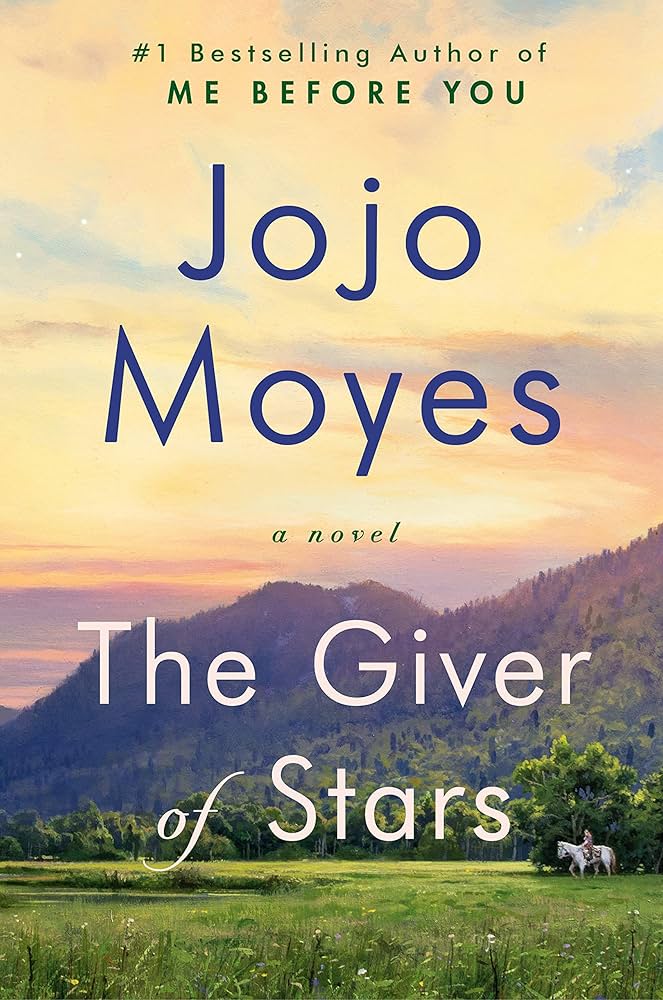Chapter 24
byChapter 24 unfolds on the pivotal day of Margery O’Hare’s trial, an event that momentarily halts the rhythm of Baileyville, Kentucky, as its residents gather in anticipation. The courthouse becomes the town’s epicenter, attracting curious onlookers, passionate supporters, and relentless gossipers, transforming the trial into a public spectacle rather than a solemn pursuit of justice. Outside, vendors set up makeshift stalls, selling food and drinks, while a traveling snake charmer entertains the restless crowd, underscoring the carnival-like atmosphere. Meanwhile, Alice and her fellow librarians feel the weight of the day, torn between their daily responsibilities and their unwavering loyalty to Margery, a woman whose independence and defiance have made her both a cherished friend and a contentious figure in their small town.
Inside the courtroom, the stakes are made clear—Margery’s fate is precariously balanced between a biased judicial system and the testimonies of those willing to stand by her side. The male-dominated jury and prejudiced public opinion work against her, amplifying the accusations not just against her character but against her way of life. The prosecution, fueled by deep-seated resentment, paints Margery as an unruly, unmarried woman who defied traditional norms by running the Packhorse Library, a mission viewed by some as both radical and subversive. Alice and the other librarians sit uneasily, sensing how the case against Margery has less to do with facts and more to do with her defiance of societal expectations. The Margery they see before them, drained and weary, is a stark contrast to the bold woman they know, highlighting the emotional and physical toll the ordeal has taken on her.
As testimonies unfold, a glimmer of hope emerges when a witness unexpectedly speaks in Margery’s defense, vouching for her kindness and dedication to the community. However, his words are quickly overshadowed by the prosecution’s emphasis on Clem McCullough’s death, a man whose violent history remains suspiciously absent from the discussion. The state’s lawyer depicts Margery as vengeful, painting a picture of a woman seeking retribution for past wrongs. The defense, though steadfast, struggles to counteract the public’s ingrained perceptions, as rumors and prejudices have already clouded the townspeople’s ability to view Margery objectively. The tension in the courtroom is palpable, with every word carrying the weight of Margery’s uncertain future.
Amidst the courtroom drama, Alice finds herself grappling with personal conflicts, including her unresolved relationship with Bennett, her estranged husband. Despite their differences and growing emotional distance, Bennett subtly hints at crucial information—his daughters might possess knowledge that could alter the course of the trial. Though their conversation is brief, it sparks a realization in Alice that an overlooked piece of the puzzle may still exist, buried beneath the fear and silence of the McCullough sisters. If there is any chance of saving Margery, it lies in uncovering the truth before the jury reaches a final decision.
Determined and desperate, Alice makes a bold choice—to venture into the secluded world of the McCullough family, hoping to convince Verna and her sister to speak. She knows the journey will be treacherous, not only because of the rugged terrain but because of the secrets the family harbors. Despite her fears, she understands that this is Margery’s last chance—and that if she and the other librarians do not act now, their friend may never see freedom again. This pivotal moment signals a shift in the narrative, where the fight for justice becomes a battle against not just the legal system, but against the prejudices deeply rooted in their town. As the chapter closes, Alice’s resolve is stronger than ever, setting the stage for a confrontation that could change everything.


